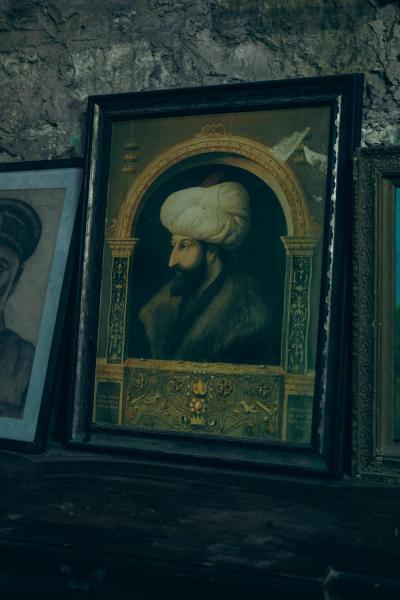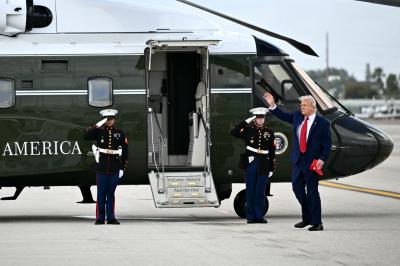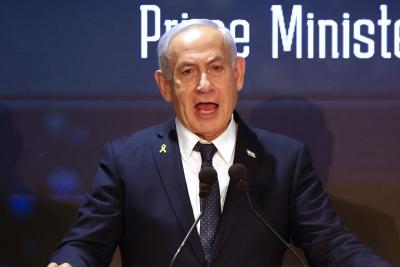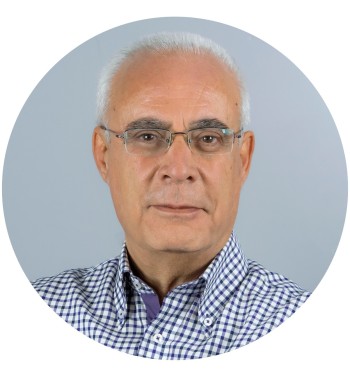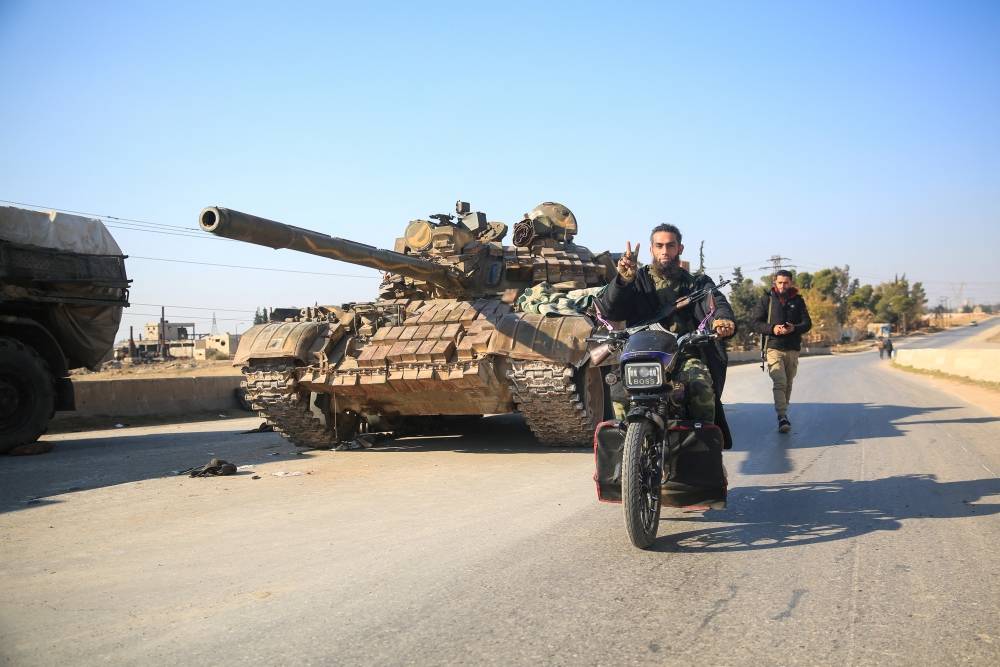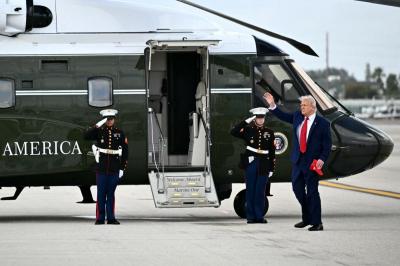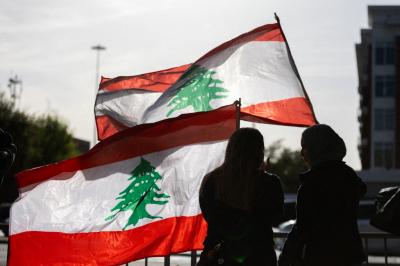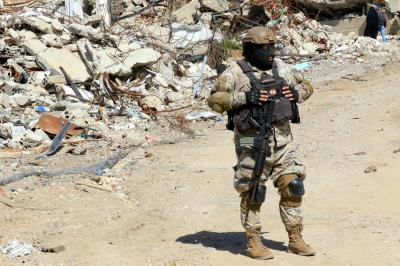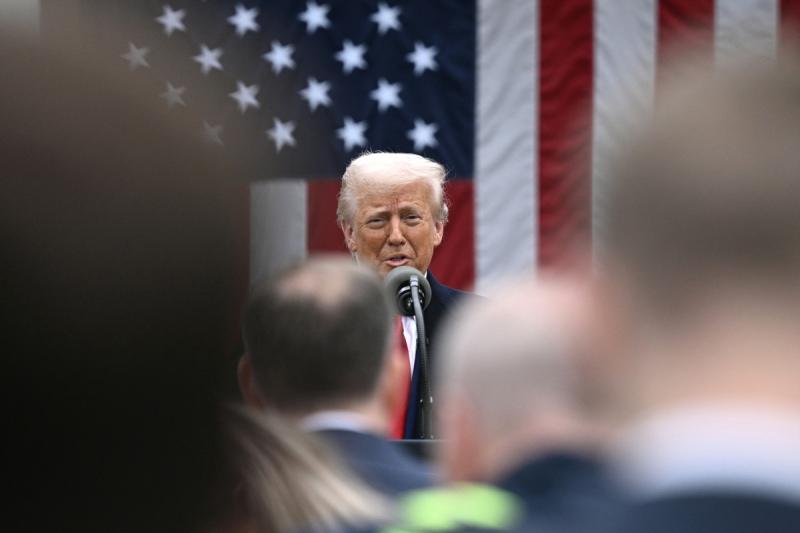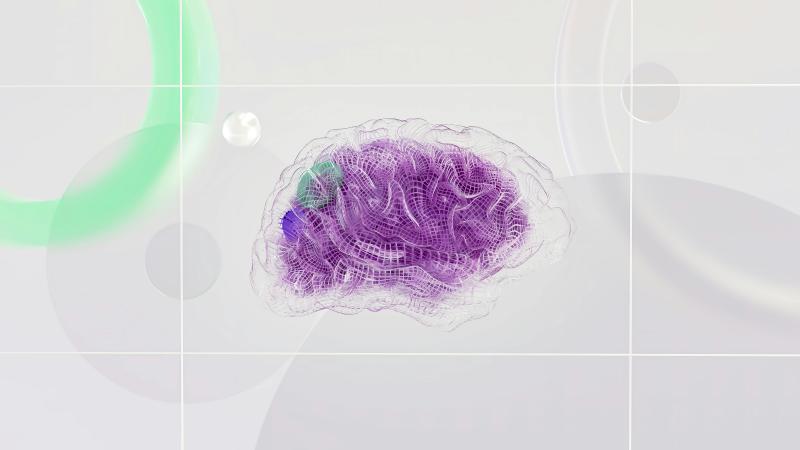The past week, marked by sudden and radical military upheavals in northern Syria, reflects new regional and international power dynamics shaped by two major conflicts: the Israeli war against Gaza and Lebanon, ongoing for fourteen months, and the Russia-Ukraine war, which is about to enter its third year as President-elect Donald Trump prepares to officially take office on January 20.
The swift capture of the provinces of Aleppo and Idlib by Syrian opposition factions, including Hayat Tahrir al-Sham (formerly the Al-Nusra Front) and the Turkish-backed National Army, extending as far as northern Hama province, has upended the balance in Syria. These developments have shaken the de-escalation agreements reached in 2020 between Vladimir Putin and Recep Tayyip Erdogan as part of the Astana process.
Syria now faces a new military and political reality. The Astana platform, which had established relative calm on the fronts, is no longer seen as a viable framework for a solution. Instead, the Geneva process, based on UN Security Council Resolution 2254, which outlines a political transition, is regaining relevance.
The opposition factions’ military offensives could not have taken place without Turkey’s approval. Erdogan, seeing that regional and international conditions were ripe for a decisive military shift, has chosen to redefine the balance of power. This decision follows a fragile ceasefire between Lebanon and Israel—a war that weakened Hezbollah, diverted its attention to the Lebanese front, and reduced its support for the Syrian regime.
At the same time, Israel's intensified airstrikes on Hezbollah targets in Syria over the past fourteen months have also dealt significant blows to its capabilities. Iran has not been spared either, with direct strikes on Revolutionary Guard bases in Syria and attacks on Iranian territory in April and October.
This regional imbalance has also affected Russia, preoccupied with the war in Ukraine. Russia in 2024 is a far cry from the 2015 powerhouse that deployed its Sukhoi jets to bolster Bashar al-Assad. These changes have allowed Erdogan to break away from agreements with Moscow and Tehran, launching a massive assault on regime positions in Idlib, Aleppo, and Hama.
However, Erdogan's strategic goal is not limited to targeting the Syrian regime. His primary objective remains preventing the establishment of a Kurdish state along Turkey’s southern border. Under Turkish pressure, opposition factions have already demanded the expulsion of Kurdish forces from Aleppo neighborhoods and the town of Tall Rifaat, marking a first step toward further military advances.
Today, Aleppo resembles Mosul in 2014, when the Islamic State declared its "caliphate." All eyes are now on Abu Mohammad al-Joulani, the leader of Hayat Tahrir al-Sham, to anticipate his next move following the capture of Aleppo.
The reconfiguration of forces in Syria is fueling speculation about the future of the conflict and its potential repercussions. A meeting between Russia, Iran, and Turkey is planned in Doha to defuse the situation and pave the way for a political solution.
Aleppo, a symbol of cultural and economic wealth, is seen as a linchpin in the Syrian conflict. Its loss would represent a major strategic defeat for the regime, with repercussions in other regions.
The specter of Syria’s partition is becoming clearer, with a regime entrenched in Damascus, Homs, and the coastal regions; a Turkey-backed opposition controlling Idlib and Hama; and Kurdish "Qasad" forces dominating the northeast with U.S. support. Meanwhile, Kurdish forces are consolidating their positions in Deir ez-Zor at the expense of the regime.
As the fighting continues, Syria's future remains uncertain, but it will once again be marked by bloodshed. As in 2011, the consequences of this conflict risk spilling over into neighboring countries.
Finally, much will depend on Donald Trump's decisions, particularly regarding a potential withdrawal of U.S. forces from Syria or a possible agreement with Moscow. In any case, resolving the Russia-Ukraine war seems to be a prerequisite for any compromise on Syria's future. Meanwhile, Israel, under Benjamin Netanyahu, will continue to exert pressure to neutralize Syria's strategic role in supplying weapons to Hezbollah.
 French
French

